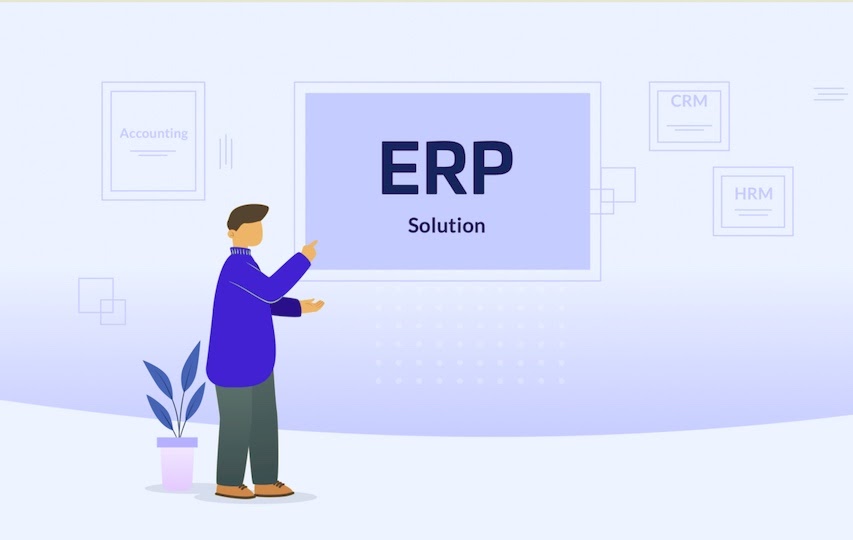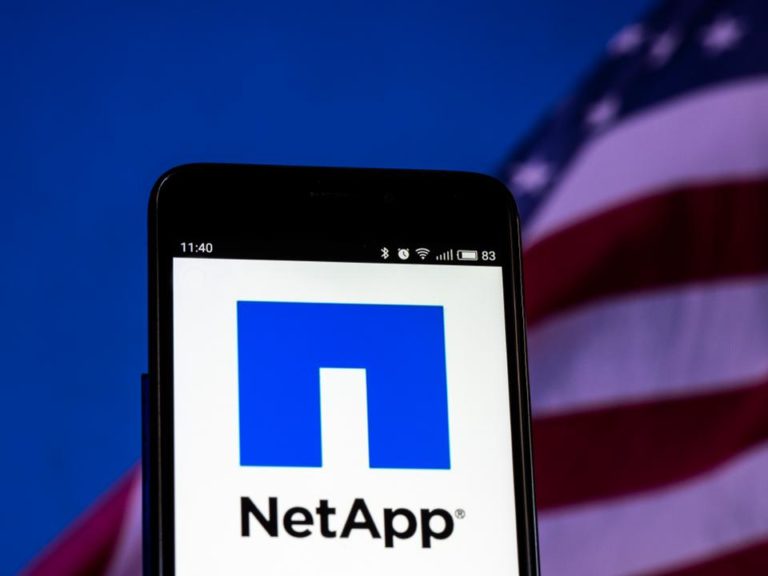Many companies are now implementing ERP solutions to streamline their processes to bring efficiency through advanced automation of routine tasks. These advanced ERP solutions are now adopting AI-based technologies such as Machine Learning and cloud computing across organisations.
ERP systems are becoming more intelligent, and helping businesses become more adaptable. It is empowering many industries such as Oil & Gas, Manufacturing, and asset-intensive industries to enhance business processes. It can further help to reduce partner disputes, improve cash flow, and gain real-time visibility into the financial data by automating transaction processing and introducing role-based tools to manage exceptions.
For manufacturing companies, an end-to-end ERP solution allows customers to capture, invoice, and capitalise project-driven material, and maintenance costs in one integrated solution. Here, real data analytics features in the ERP solution plays a critical role in helping companies reduce the efforts needed to review documents, track the status of projects, and solve project management issues. Embedded incident reporting workflows can conduct investigations, create actions, and track and update incident status.
How Analytics Is Embedded In ERP
AI-based innovations in ERP are designed to support finance and sales teams to quickly adapt to the current economic climate, explore new business models, and improve strategic decision-making. Recently, Oracle announced crucial updates to Oracle Fusion Cloud Enterprise Resource Planning (ERP) and Oracle Fusion Cloud Enterprise Performance Management (EPM), which can support finance teams to use technologies like AI, digital assistants, and analytics and improve efficiency, decrease costs and have more productivity.
Looking at the new AI and machine learning, analytics and security capabilities of ERP from Oracle, we see there is Predictive Planning feature, which helps companies recognise and utilise trends and analytical insights and patterns in financial and operational data. With access to such insights in real-time, financial companies can see prediction and forecast variances, identify variance patterns, and make plan revisions on the go to enhance the quality and speed of decisions.
Similarly, another new feature from Oracle’s ERP is Intelligent Code Defaulting, which can assist companies in improving the accuracy and efficiency of processing payables transactions by utilising machine learning to recommend account codes. The algorithm learns from historical data.
ERP software such as from Oracle also has Intelligent Document Recognition, which enhances the accuracy and efficiency of financial data ingestion from PDF and other well known financial document formats to minimise or even eliminate manual invoice entry. The system learns and adapts over time to changes within invoice formats to increase the accuracy. Oracle’s strategy is focused on extending business applications by extending them to the physical world as well as integrating organisational silos in real-time throughout the digital supply chain. The company’s ERP product can not only do data analysis but also import external data and match it to internal data to make recommendations and predictions.
ERP Systems Are Consolidating Data For Data Scientists
Data-driven ERP systems can have a significant impact, all the way from raw materials supply to inventory tracking, asset information for predictive maintenance, predicting quality of goods being manufactured, accurate tracking of transport and fleet. As a result, managers and senior business executives can orchestrate holistic and effective operations, all the way from the back office, to the supply chain to bring about a reduction of costs, increased cash flow and predictability.
Let’s look at an example of how it is done with one popular ERP solution. SAP which has a Master Data Governance solution helps data scientists consolidate and centrally govern master data lifecycle. So, it is easy for a company to consolidate the app customer master data with the existing customer database by specifying matching rules which can be in any business process.
On the SAP cloud platform, even non-analytics experts can get valuable insights from their business data, enabling customers to create thousands of dashboards. These dashboards help to understand the details of the business. On dashboards powered by NLP, business users can immediately see the revenue, the customer spends, predictions of revenue, distribution channels, types of customers profiles, segmentation, and so on.
“We provide SAP technology to store vast amounts of data generated by consumers, combine them with the operational data and also combine them with external sources using our database and data management solutions. Also, we have to generate the necessary business insights, even without being an analytics expert with the SAP Analytics portfolio,” told Juergen Mueller, CTO of SAP. The company is embedding SAP Analytics Cloud into S/4 HANA, which, according to analysts, may be a game-changer for democratising analytics.
JG Chirapurath, GM of Azure Data and AI at Microsoft says, “Many of the world’s largest enterprises need to make SAP ERP data available across diverse platforms and hybrid environments for downstream analytics initiatives.” As he pointed out, it has also allowed them to accelerate the decommissioning of two legacy data warehouses, and have IT operational efficiencies and expected cost savings.
To achieve this, there are products like Qlik Data Integration which can make ERP systems more data analytics-driven on the cloud. Using this solution, companies can also connect SAP data with cloud platforms Azure to leverage advanced features. It can automate and provide real-time data to Azure Synapse with optimised formats.
“Customers are looking to utilise their valuable SAP data to enable agile and modern analytics, and the need to address the internal complexities in making SAP data available in cloud data warehouses like Microsoft Azure Synapse Analytics,” said Itamar Ankorion, SVP Technology Alliances at Qlik. Qlik has partnered with Microsoft to offer this unique combined solution designed to automate data pipelines that deliver SAP data in real-time to Azure, and enable enterprises to drive better decisions from analysing SAP data alongside their non-SAP data in Azure in Azure Synapse and Power BI.



















































































